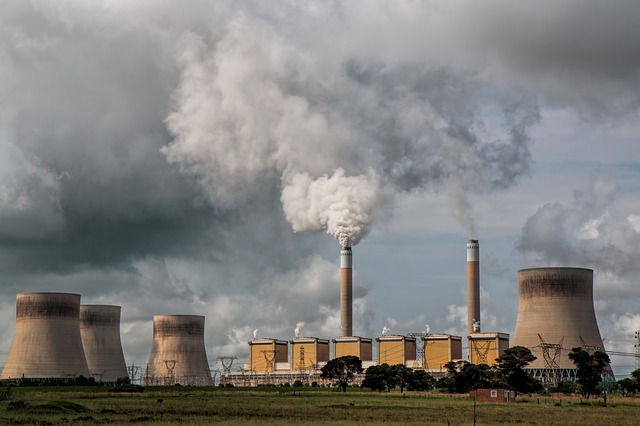The European Commission’s new climate goals will mean tougher rules for the gas industry, despite its lower emissions relative to coal, an EU official said on Wednesday.
Incoming commission president Ursula von der Leyen is expected to make a legally binding European goal to become carbon neutral by mid-century the centre piece of a “green deal” that should be announced sometime between February and March.

The gas industry had the potential to play a pivotal role in the transition – but it would have to improve its own climate balance, Monica Zsigri, an energy policy officer at the commission, told the LNGgc gas conference in London.
This would mean tackling problems like methane emissions and rising levels of flaring – the controlled burning of excess gas.
“I know that drilling another hole is more profitable than going after methane emissions but if the gas industry thinks seriously they want to be there for the transition… this is something they will need to address.”
LNG under scrutiny
Her comments come as gas takes up a more important role in Europe’s energy mix, displacing coal in power markets thanks largely to cheap LNG.
US LNG exporter Cheniere expected European LNG imports to climb by roughly 30m tonnes this year to 80m tonnes, or 109bcm.
A rise in global LNG supplies, especially in the US, has helped depress gas prices to levels that have spurred fuel switching in Europe, slashing the continent’s emissions.
Yet the US export boom has also been accompanied by a sharp rise in flaring, as gas supplies have outstripped potential avenues for getting the fuel to market.
Rystad Energy has put the amount of gas wasted in the US last year at 12bcm – up 50% year on year and more than the demand of countries like Colombia, Israel or Romania.
“We are flaring 1-1.5bcf a day (27-41mcm/day) in the US and that is unacceptable,” said Octavio Simoes, a senior advisor to the CEO of US LNG producer Tellurian.
The US urgently needed to find a way to get this gas into exports, rather than tackle the problem through production curbs, he added.
So far president Donald Trump’s administration has instead favoured softening laws on methane standards, freeing producers this year to refrain from monitoring and fixing leaks.
“You are going to see growing pressure on the United States to do something about this,” said Paul Stevens, a distinguished fellow at Chatham House.
Carbon certification?
David Ledesma, an energy consultant and senior fellow at the Oxford Institute for Energy Studies, saw a rising likelihood of carbon certification schemes for gas suppliers.
This would change the value of LNG and piped gas delivered to Europe, discriminating between suppliers based on their carbon intensity.
Agustin Alonso, a gas expert attached to Spain’s competition watchdog, dismissed certification as unlikely in the short term, though a possibility further out next decade.
Outgoing BP boss Bob Dudley told a separate event in London on Wednesday gas was being “vilified” and insisted the fuel would play a “vital role” in a transition to a cleaner energy system.
Yet a failure on the part of Europe’s gas suppliers to embrace decarbonisation risked losing potential new customers who might ultimately be compelled to “leapfrog” the fuel in favour of decarbonisation through electrification, said Ledesma.